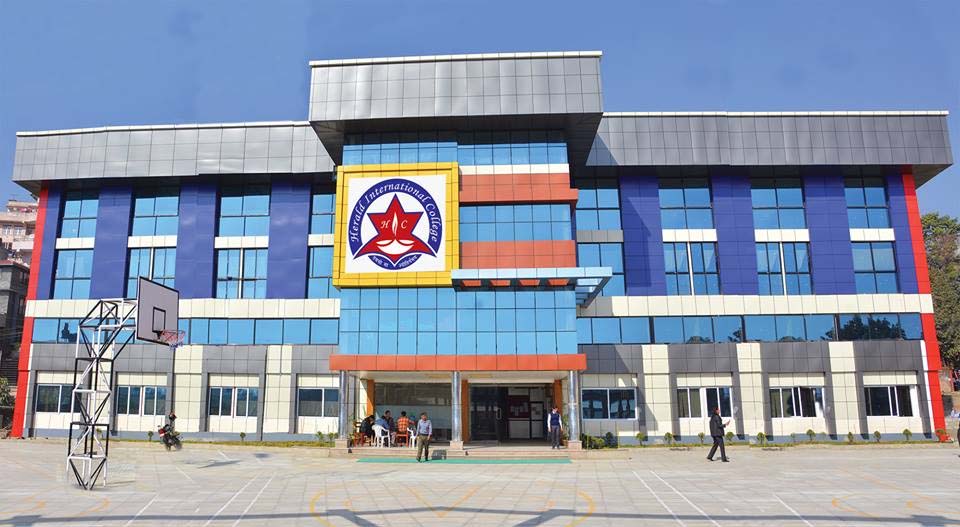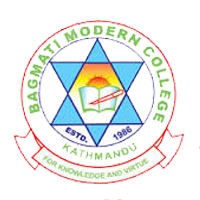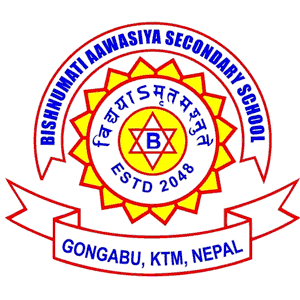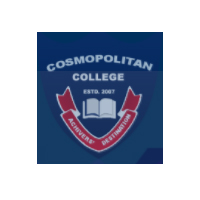Overview
Ten Plus Two (+2) Humanities at Herald International College, Basundhara, Kathmandu
Herald International College (HIC), Basundhara, Kathmandu, offers the National Examinations Board (NEB) Ten Plus Two (+2) Humanities program for students who want strong foundations in social sciences, languages, and communication. The course focuses on clear reading, research habits, and writing skills that support higher studies and work.
The +2 Humanities program at HIC runs across two academic years. Students study compulsory English and Nepali along with social science subjects chosen during admission. Learning builds step by step through short assignments, field notes, and internal tests before the Grade 12 board exam.

Highlights
-
Location: Basundhara, Kathmandu
-
Affiliation: National Examinations Board (NEB)
-
Duration: Two academic years (Grade 11 and Grade 12)
-
Focus Areas: Social sciences, languages, communication, research basics
-
Learning Support: Terminal exams, pre-board practice, feedback meetings with guardians
-
Facilities: Library with study zones, computer lab, presentation rooms, activity spaces
-
Progression: BA, Social Work, Psychology, Mass Communication/Journalism, Political Science, International Relations, Development Studies
Curriculum Details
HIC follows NEB prescriptions for Grade 11–12. Students complete compulsory English and Nepali. Subject clusters for Humanities are selected during counseling and may include:
-
Sociology
-
Psychology
-
Mass Communication/Journalism
-
Geography or History
-
Economics or Population Studies
-
An NEB-approved optional, as scheduled
Teachers share section-wise plans so you can keep track of reading lists, submission dates, and internal scores.
Objectives
-
Build steady reading, writing, and analytical skills for academic and work settings.
-
Learn basic research steps: topic framing, note-making, referencing, and short reports.
-
Strengthen public speaking and media literacy through guided activities.
-
Prepare students for university entry requirements in Nepal and abroad.
Scope
Humanities opens doors to many pathways. Students who select Psychology move toward counseling and research tracks. Learners who choose Mass Communication gain early exposure to reporting, content planning, and editing. Sociology supports roles in NGOs/INGOs, community programs, and policy research. Economics or Population Studies help you connect numbers with people-focused issues.
Learning Outcomes
By the end of Grade 12, students should be able to:
-
Read long passages and summarize key points in concise language.
-
Draft short research notes using clear headings, tables, and basic citations.
-
Prepare presentations that use data, visuals, and a logical flow.
-
Discuss social issues with examples from Nepal and global contexts.
-
Organize exam answers with definitions, arguments, and evidence.
Skill Development Modules
-
Academic writing: Paragraph unity, summaries, reports, and article outlines.
-
Field exposure: Short interviews, observation logs, and basic surveys.
-
Media practice: News briefs, feature outlines, and simple page planning.
-
Data basics: Reading charts, making tables, and commenting on trends.
-
Communication: Debates, group discussions, and public speaking drills.
Teaching Methodology
Teachers use lesson notes, reading check-ins, and small projects to keep students active. Internal assessment includes class tests, terminal exams, and portfolio work. Pre-board trials help you learn time management and reduce exam stress. Counselors guide course planning and revision cycles.
Admission Requirements
-
Eligibility: SEE or equivalent for Grade 11 as per NEB policy.
-
Documents: SEE grade sheet, character certificate, photos, and guardian identification where applicable.
-
Process: Inquiry/registration, subject counseling, document verification, fee confirmation, and orientation.
-
Notes: Final subject groups and seats are posted each intake based on section planning.
Career Opportunities
-
Undergraduate study: BA programs in Social Work, Psychology, Journalism/Mass Communication, Political Science, Economics, and related fields.
-
Entry roles after Grade 12: Junior content support, office assistance, field coordination in NGOs/INGOs (as per employer rules).
-
Long-term growth: Media, community development, research, policy analysis, education support, and creative industries.
Scholarships and Financial Aid
HIC announces merit and need-based categories during the admission window. Criteria often consider SEE results, entrance or interaction performance, and term records. Renewal depends on attendance, discipline, and internal results. Students should review the current scholarship notice for categories and required documents.
Why Choose This Course?
-
Strong reading and writing practice that supports any BA route.
-
Choice of subjects that match interests in media, psychology, society, and policy.
-
Structured evaluation with clear milestones, pre-boards, and mentoring.
Conclusion
The +2 Humanities program at HIC builds habits that matter: steady reading, clean writing, and confident speaking. Students move through set syllabi, complete practical tasks, and prepare for the board exam with routine feedback. You can enter BA programs with a skill set that supports further study and early work exposure.
FAQ
Can I study both Psychology and Mass Communication?
Subject pairing depends on annual section planning. Confirm during admission.
How are research tasks handled at this level?
Short assignments focus on topic framing, note-making, and simple referencing.
Do I need math for Humanities?
Mathematics is not compulsory in Humanities. Some students select Economics or Population Studies for data exposure.
Are there public speaking activities?
Debates, presentations, and media club sessions run during the term.
Where can I verify official course outlines?
Check current NEB/CDC Grade 11–12 documents for the running academic year.



















